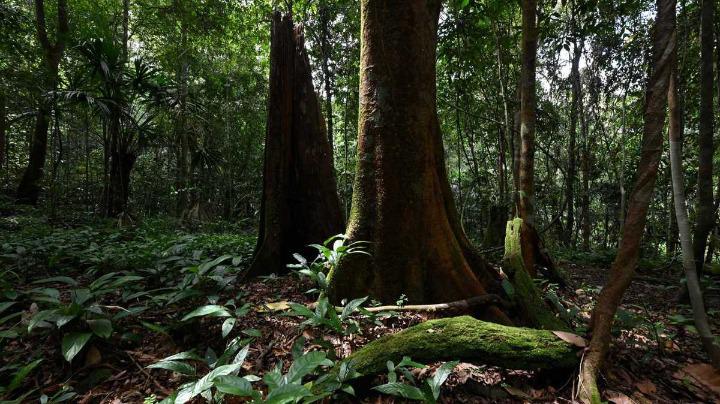The two Southeast Asian nations, who are the world’s leading producers of palm oil, claim that the legislation, which has received preliminary approval from EU parliamentarians, would unjustly affect them.Fadillah Yusof, Malaysia’s deputy prime minister, claimed the bloc failed to adequately consult stakeholders on the new rules, which he said are “a purposeful attempt by Europe to limit market access”.
He was scheduled to meet with Indonesia’s coordinating minister of economic affairs, Airlangga Hartarto, this week to develop a joint response to the proposed EU law, which calls for strict controls on products linked to deforestation, such as cocoa, coffee, palm oil, rubber, soya, wood, and cattle derivatives.
Indonesia and Malaysia argue that the EU policy unfairly targets palm oil and ignores the positive impact that the industry has on the livelihoods of millions of small farmers. They also argue that the policy could lead to trade restrictions that would hurt their economies, which rely heavily on palm oil exports.On the other hand, proponents of the EU policy argue that deforestation and land use changes associated with palm oil production have a significant impact on the environment, contributing to climate change, loss of biodiversity and habitat destruction.The EU’s proposal is part of a wider effort to address the environmental and social impacts of global supply chains, and to ensure that the products imported into the EU are produced sustainably. The outcome of this policy will likely have a significant impact on the palm oil industry and could lead to changes in the way that palm oil and other commodities are produced and traded globally.















